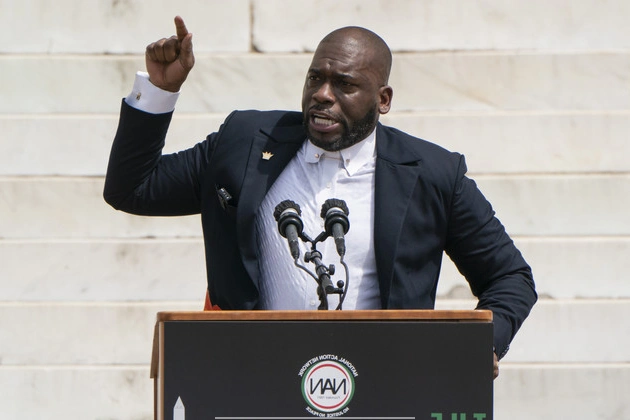
Championing Diversity and Inclusion
Black church leaders are intensifying efforts to combat corporate America’s retreat from diversity, equity, and inclusion (DEI) measures. Their aim is to counterbalance President Donald Trump’s aggressive stance against DEI initiatives nationwide.
The surge in pressure coincides with the ongoing dilemma among liberals on how to counter Trump’s cultural offensive. Additionally, the Democratic Party is grappling with Trump’s increased support among Black and Latino voters in the upcoming 2024 election.
Value of DEI
Jamal Bryant, a pastor from Georgia, emphasizes that DEI is not a form of charity but a crucial partnership. He led a boycott against Target following the company’s reduction in DEI efforts. Bryant questions why companies accept Black consumer dollars but fail to stand with the community.
After Trump’s election, major corporations like Meta and Google scaled back their DEI commitments made after the tragic murder of George Floyd in 2020. Trump swiftly reversed these practices through an executive order, labeling them as divisive and unjust preferences.
Corporate Accountability
Black church leaders view these boycotts as a means to challenge the Trump-driven trend and hold companies responsible for their actions. Frederick Haynes, a Dallas-based pastor, believes companies have a moral duty beyond profits. He insists that companies must internally assess their ethical obligations to society.
Companies like Dollar General, targeted by Bryant’s movement, emphasize their commitment to serving all Americans regardless of background. Despite corporate reassurances, boycotts led by church leaders like Al Sharpton continue to impact company revenues.
Impact of Boycotts
Target acknowledged a sales decline attributed partly to backlash over ending their DEI programs. While some challenges exist, Sharpton highlights the effectiveness of consumer-driven actions in influencing corporate decisions.
Sharpton plans a rally on Wall Street to intensify pressure on companies to embrace diversity. He stresses the importance of sustained public attention to boycotts amid competing distractions in today’s media landscape.
Collaborative Efforts
Adam Clark, a theology professor, underscores the need for collective action beyond church-led initiatives. He emphasizes that combating anti-DEI sentiments requires broader societal engagement, especially given federal policies under the current administration.











